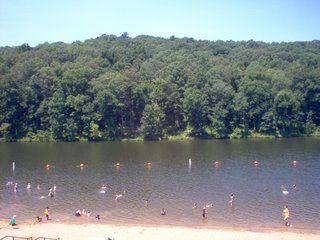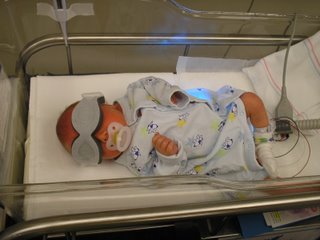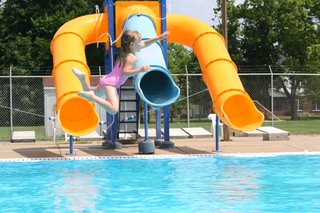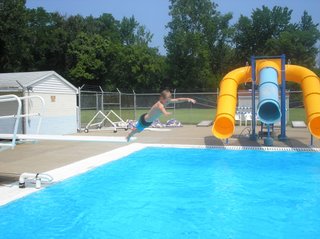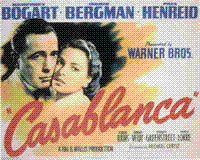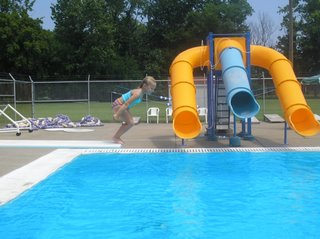Post-Pregnancy Nutrition Overview,
An article from BabyFit
The day is finally here! After fussing over what you eat, censoring menus, and doing without some of your favorites for nine months (or more), you’re finally free!! Now you can eat whatever and whenever you please…right? As you have probably already guessed, unfortunately, the answer to that question is “No.”
Even if you’re not breastfeeding, you’ll still be “eating for two” in many ways. Nursing moms need to monitor their menus and watch for changes in their baby’s behavior. And both nursing and formula-feeding moms are going to need plenty of energy, strength, stamina, alertness, endurance, and drive over the coming months. That means loading up on nutrients and eating a well-balanced diet.
Not the Time to Diet
Immediately post-pregnancy is not the time to be cutting calories. You will have plenty of time later on to lose the pregnancy weight. But right now, your first priority is to give your baby what she needs. Restricting calories will only deprive her - and yourself - of much-needed nourishment. And these nourishment needs can be very specific. In fact, here you can find a list of
these new nutrient needs.
As you enter the postpartum phase, one of the first things you should do is make changes to your nutrition program to reflect your body’s changing nutritional needs. Most importantly, pay attention to your calories. While pregnant, BabyFit set your daily caloric needs about 300 calories higher than your normal (non-pregnant) weight maintenance level. If you’re breastfeeding, you’ll want to bump that up by another 100 calories for the first couple of months (for a total of 400 above normal). If you’re formula-feeding, you can simply subtract that extra 300 calories. More details about these changes can be found in
Making the Nutritional Transition.
Healthy Weight Loss
That’s not to say that you can’t or won’t lose weight during this time. If you happen to lose weight as the result of a balanced diet and moderate activity (as your doctor allows), that’s great! It just shouldn’t be the focus of your dietary and exercise decisions. If you’re breastfeeding and want to lose weight (after nursing has been established and is going well) do so gradually (about 1/2 -1 pound weekly). Eat a nutritious diet, exercise daily and cut back on foods high in fat and sugar (such as potato chips, cookies, candy, soft drinks, and fried foods). Do not try diet pills, liquid diets, or other weight loss products. Not only do they not work, but they can also be harmful to you and your baby. If bottle-feeding, continue to follow the
USDA Food Guide Pyramid.
After six to eight weeks, talk to your doctor; if your body has recovered and your energy levels are sustained, it may be okay to start losing weight. The Link between Nutrition and Breastfeeding Your diet not only determines which nutrients your small one gets, but your food choices can also affect your entire breastfeeding experience. For example, your diet actually impacts the amount, taste, and quality of milk you produce. Here are some general tips for using your diet to support your breastfeeding efforts:
Choose liquids like water, juice, and milk whenever you feel thirsty. Drink at least six to eight cups of water a day. This will help with milk production and also prevent dehydration, constipation, and clogged milk ducts. Drinking a cup of water each time you nurse will ensure that you are getting plenty of fluid each day.
Limit caffeinated beverages (coffee, tea, and soda) to less than 2 cups daily. Caffeine can pass through your breast milk, causing your baby to be irritable, fussy, and jittery.
Occasionally, foods you eat may upset the baby. Be aware of your baby’s reaction when you eat spicy foods, gas-producing vegetables (onions, Brussels sprouts, cabbage, broccoli), garlic, and beans. If your baby seems to be sensitive to a food item, discuss it with your pediatrician. Do not “diagnose” irritations or allergies on your own. If you suspect foods you eat irritate your baby, keep track of your menus and discuss your suspicions with your child’s pediatrician.
Avoid cigarettes and secondhand cigarette smoke. Smoking interferes with your milk flow, exposes you baby to harmful smoke, and is dangerous to your health.
It is best to avoid alcohol. If you do have an occasional drink, drink it right after nursing and try not to nurse again for at least two hours.
Take a vitamin-mineral supplement that is specially formulated for pregnant and breastfeeding mothers.
Nutrients Critical to Breastfeeding
Zinc supports a healthy immune system. It promotes cell reproduction, wound healing, tissue growth and repair, and is essential for adequate growth and development. Zinc is involved in appetite regulation and taste and it assists in the utilization of carbohydrates, proteins, and fats.
Best Sources: meat, oysters, poultry, legumes, eggs, fish, seafood
Good Sources: wheat germ, whole grain products, black-eyed peas, miso (fermented soybean paste)
Amount Needed: 25 milligrams
Calcium strengthens bones, builds density, and is vital to the formation of teeth. Small amounts of calcium circulate in the bloodstream and help with muscle and heart contractions, nerve functions, and blood clotting. Calcium will be leeched from a nursing mother’s bones if she does not consume adequate calcium to meet the needs of milk production and growth of the baby’s skeleton.
Best Sources: milk and milk products such as cheese and yogurt
Good Sources: green leafy vegetables, canned sardines or salmon with bones, calcium-fortified juices
Amount Needed: 1,200 milligrams
Iron is an essential part of hemoglobin, which transports oxygen to the cells and utilizes the oxygen when it arrives. Iron is widely distributed throughout the body. It is found in the blood, liver, spleen, and bone marrow. An iron deficiency can lead to anemia, along with fatigue, weakness, and an increased risk for infections. During pregnancy, the fetus stores enough iron to last 4-6 months after birth.
Best Sources: liver and other organ meats, oysters, and black strap molasses
Good Sources: spinach, beans, peas
Amount Needed: 70 milligrams (aim to get 15-20 mg. from your diet and supplement the additional amount)
Irritants & Allergies
New moms commonly wonder if their breast milk can irritate or cause allergies in their newborns. If you think your baby might be suffering from food irritation or allergies, please consult with your child’s pediatrician or specialist rather than trying to diagnose the problem and solution yourself.
To help with this discussion, some pediatricians suggest keeping a food journal. Include specific details of not only of what you eat, but also the time you ate the foods, the time you fed your baby, how much he ate, and how he reacted in the hours following the feeding. Note any fussiness or possible reactions and discuss these with your doctor.
Progressive Nutrition for Your Child
After about 4-6 months, your can probably introduce your child to something besides breast milk or formula. But even then, there is no need to rush. Your baby needs to be physically and developmentally ready for solid foods. When introduced too early, solid foods can be hard to digest. Here are some signs that your baby might be ready for food:
Your baby can sit with little support.
Your baby can move food from the front to the back of the mouth.
Your baby shows interest in the foods you are eating.
Your baby’s weight has doubled since birth.
For more information about introducing solid foods, check out BabyFit's article series "Starting Solids: Step by Step". Learn
when your baby should start and get more
tips & guidelines.
